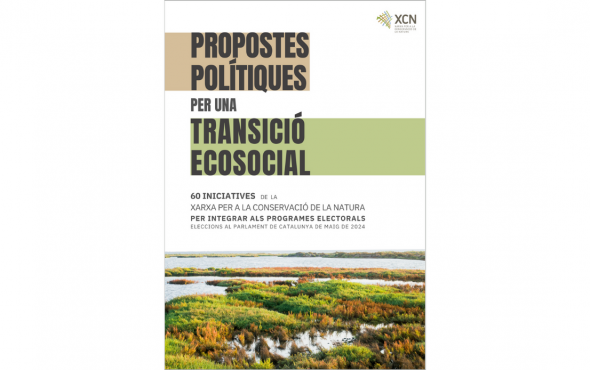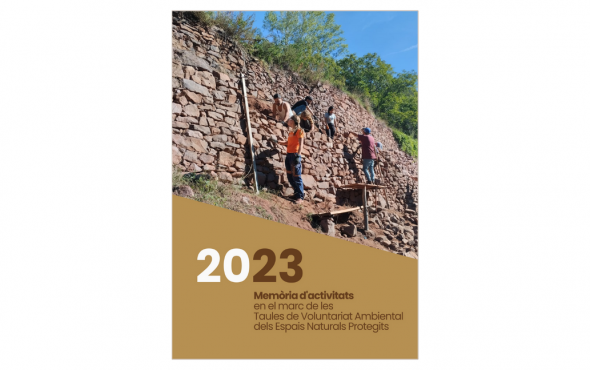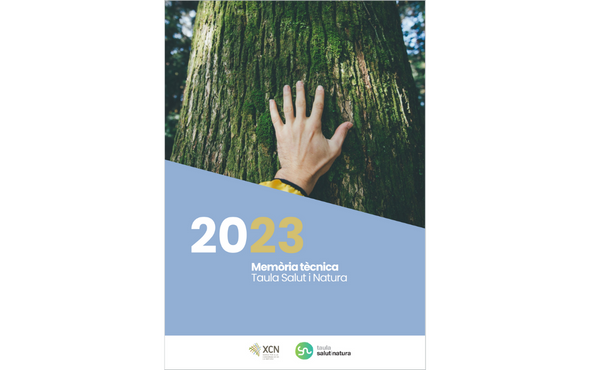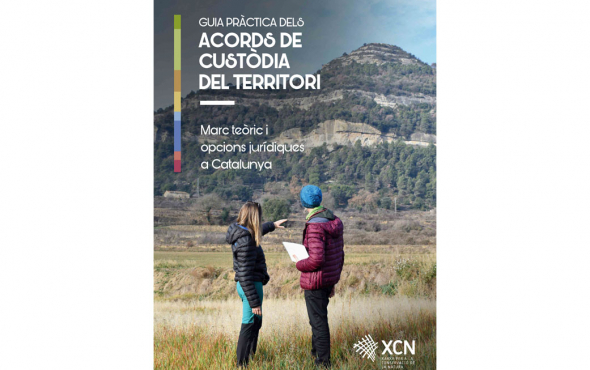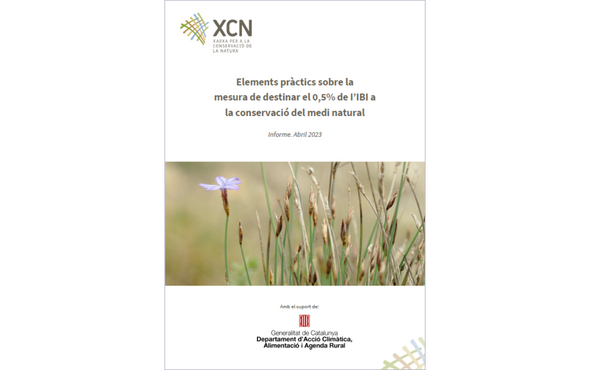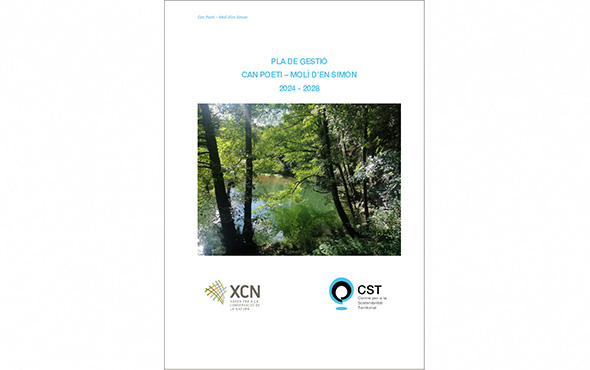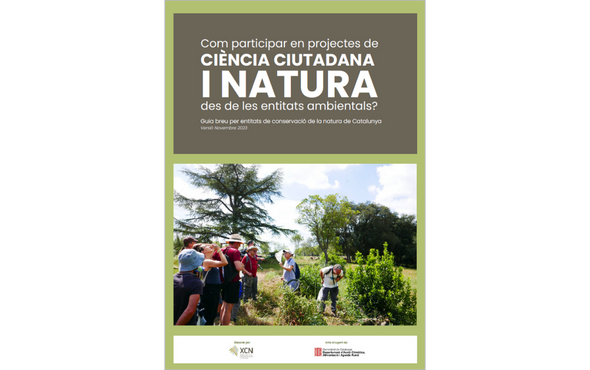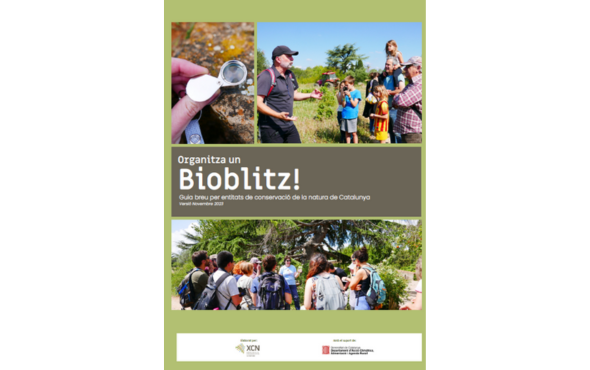Abril 2024
Ens trobem davant una situació d’emergència ecològica i climàtica que comporta una degradació sense precedents dels hàbitats i ecosistemes que sustenten el nostre sistema econòmic i social.
Si bé aquest escenari es reprodueix a escala global, a Catalunya la situació no és gens menys esperançadora: En els últims 20 anys, la fauna salvatge de Catalunya ha perdut un 25% dels seus individus; i els ecosistemes aquàtics, agraris i de boscos madurs es troben sota amenaça.
Des de la Xarxa per a la Conservació de la Natura (XCN), defensem, per tant, que la conservació de la natura ha de ser una prioritat per a Catalunya i interpel·lem als seus representants polítics a prendre mesures valentes.
És per aquest motiu, que amb la convocatòria d’eleccions al Parlament de Catalunya de maig de 2024, hem elaborat el present document. Aquest, adreça un total de 60 peticions als partits polítics amb la voluntat que les obrin espais de diàleg on poder debatre aquestes propostes i les integrin als seus programes electorals per la seva posterior aplicació.
